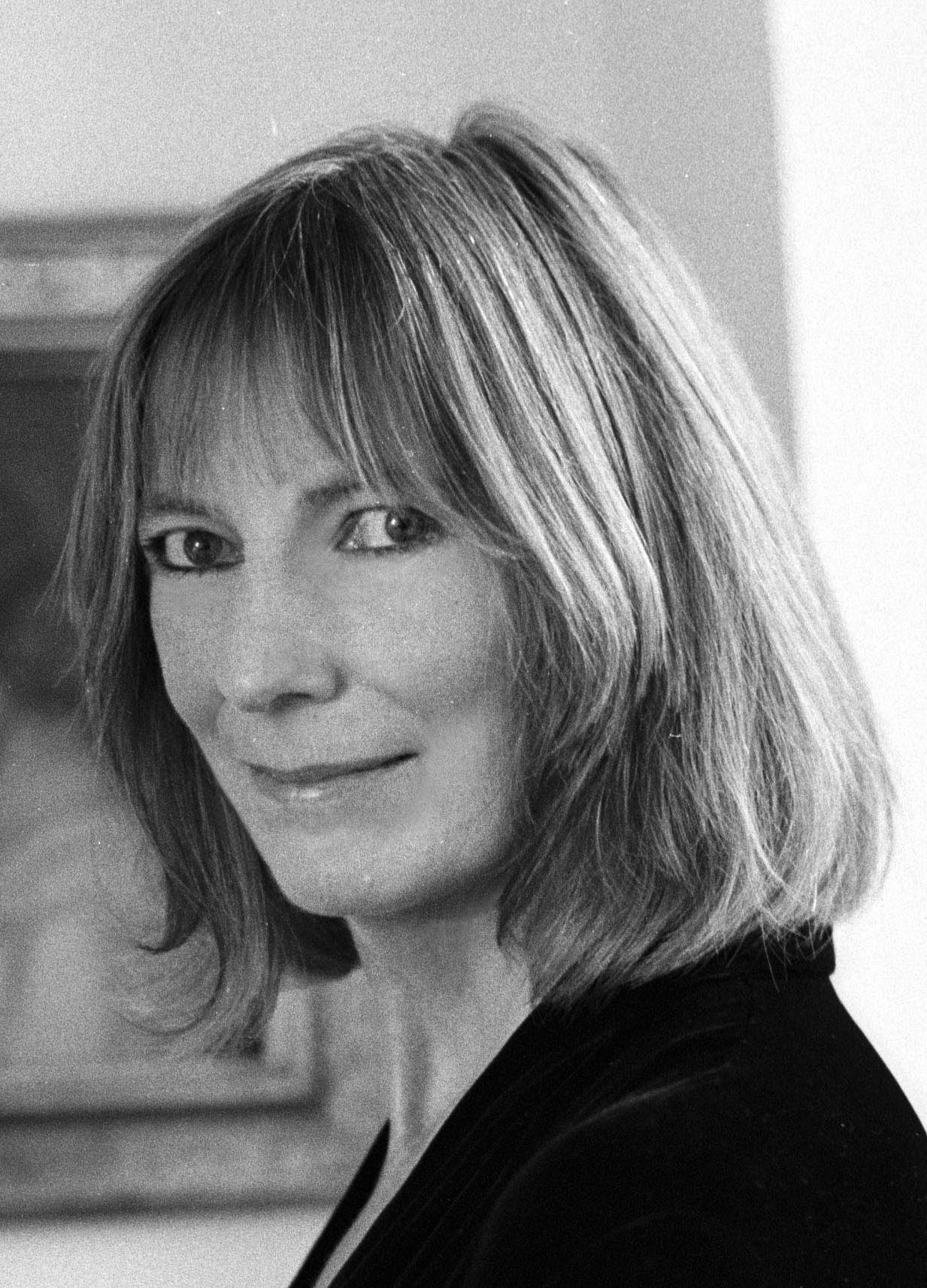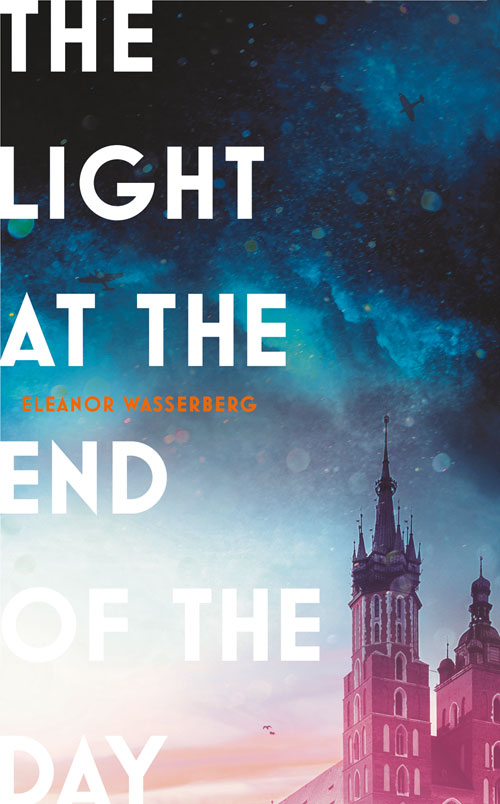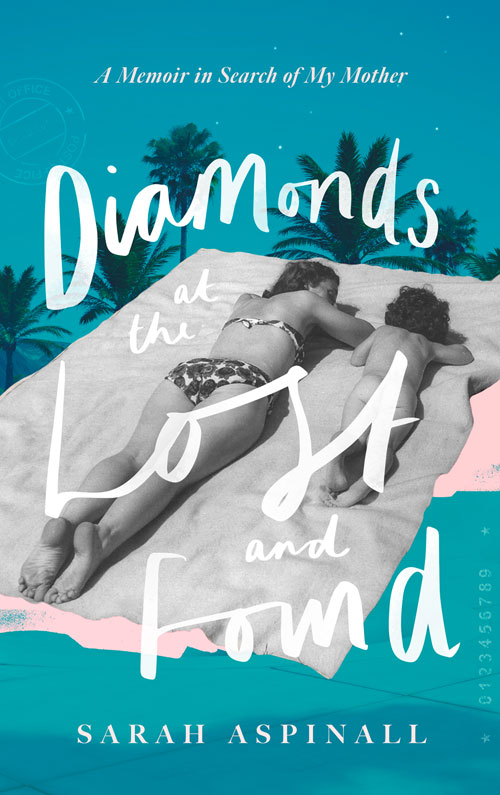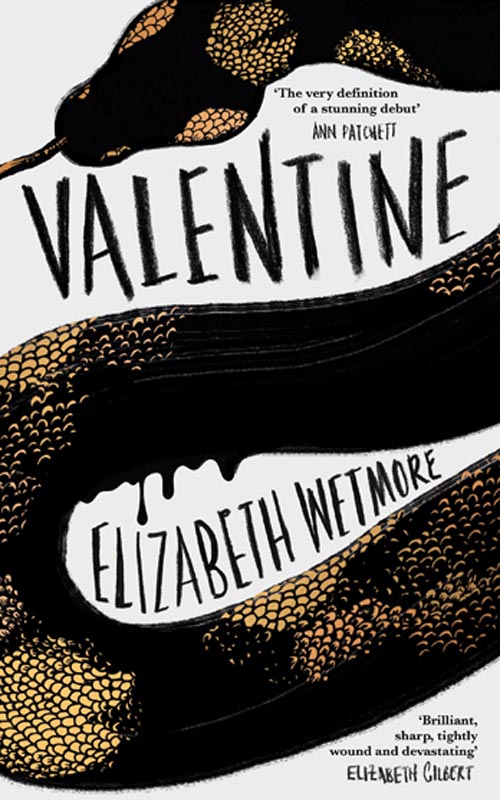“Women of 2018 have a long way yet to go. We also have a lot to celebrate.” Today’s piece of writing is by Lucy Hughes-Hallett.
In my first book, Cleopatra, I took apart scores of representations of the last queen of Egypt. What I found was two millennia of misogyny.
Here are some sample allegations.
Cleopatra was sexually voracious. Propertius calls her the ‘prostitute queen’ and alleged she was worn out by sexual intercourse with her household slaves. In fact Cleopatra had two lovers, Julius Caesar and Mark Antony, both chosen as much for political advantage as for their sex-appeal. It’s unlikely she ever bedded anyone else.
Cleopatra was deceitful – The Romans thought all Hellenistic people were devious, and too clever by half. They also thought women were untrustworthy. Cleopatra was suspect on both counts.
Cleopatra was a frivolous flibbertigibbet, interested only in hairdressing and parties. Scores of Renaissance paintings show Cleopatra entertaining Antony at fabulous feasts, her semi-naked body surrounded by golden vessels and heaps of grapes and roses. The real Cleopatra was a hard-working head of state, whose country’s economy – wrecked by her father’s mismanagement – flourished under her rule.
Cleopatra was feeble. In John Dryden 1678 tragedy All For Love Cleopatra enters, all of a fluster, lamenting that she can’t cope when Antony’s away and saying ‘Nature meant me a wife, a silly, harmless household dove.’
Cleopatra was an animal, voracious and cruel. Romantic poets loved to titillate themselves with the idea of Cleopatra as a terrifying wild beast. She is a ‘serpent of desire’ (Albert Samain) ‘the viper of the Nile’ (Gustave Flaubert), a ‘golden hawk’ (José Maria de Hérédia) a tiger carelessly snapping the necks of gazelles and copulating in the jungle ‘with a wild triumphant cry’ (Arthur Symons).
Cleopatra was treacherous. ‘This Cleopatra is a woman in the blessedest and cursedest sense of the word!…Women,when they betray, only follow their inborn nature.’ (Henirich Heine)
Cleopatra was infantile. Bernard Shaw defended his characterisation of her as a pert adolescent by saying ‘similar childishness may be observed in many women over fifty’.
All these weakness were easily explained. As Théophile Gautier put it in 1845, Cleopatra was ‘the most complete woman ever to have existed, the most womanly woman and the most queenly queen’. In other words, the reason that she was promiscuous, dishonest, silly, weak or sadistic was – simply – that she was female.
We’ve moved on. Most of these examples of sexual prejudice now seem so risible, its hard to believe that intelligent men once – not so long ago – took them seriously.
In The Pike I wrote about a serial seducer, the proto-fascist poet d’Annunzio. He treated his lovers abominably, but, all the same, he chose brilliant women, valued their talents and took their opinions seriously. d’Annunzio was a deplorable person in many ways (which made him a great subject for a biography) but in that he was ahead of his time. In my novel Peculiar Ground I imagine two young women discussing their job-offers in 1973. They’re both going into the civil service. One says to another ‘Snubs to those arrogant boys. You and I will be running the country soon’. It’s true. Women like them are now in positions of power.
Women of 2018 have a long way yet to go. We also have a lot to celebrate.
Subscribe to the 4th Estate podcast.






4thestatebooks